
Loading...
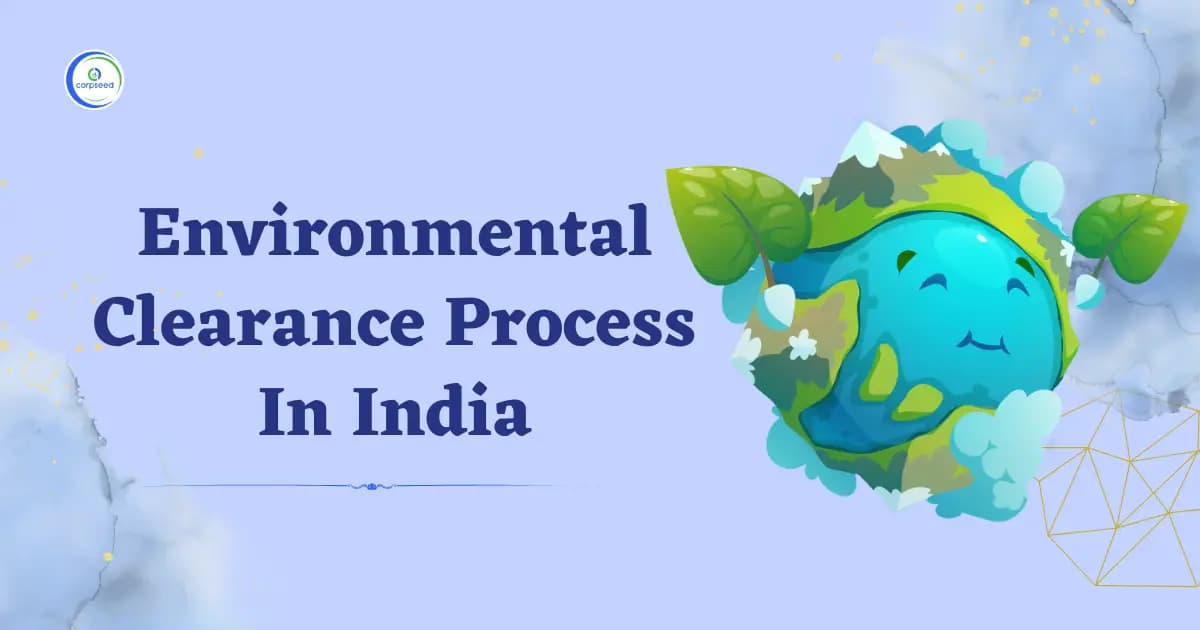
If you are undertaking any kind of new or old renovation or modernization project, you need to get environmental clearance from the appropriate authority.
About the Author

Yash Chauhan is a law graduate from the University of Delhi and a skilled content writer at Corpseed. With a keen interest in the legal industry, he specializes in writing articles on contemporary legal developments, corporate compliances, business regulations, environmental circulars, and licensing procedures. His well-researched and insightful content provides valuable information to businesses and individuals navigating the legal landscape.
Related articles
.webp&w=1536&q=75)
Government Exempts CETPs from Environmental Clearance under EIA Notification
2026-02-16
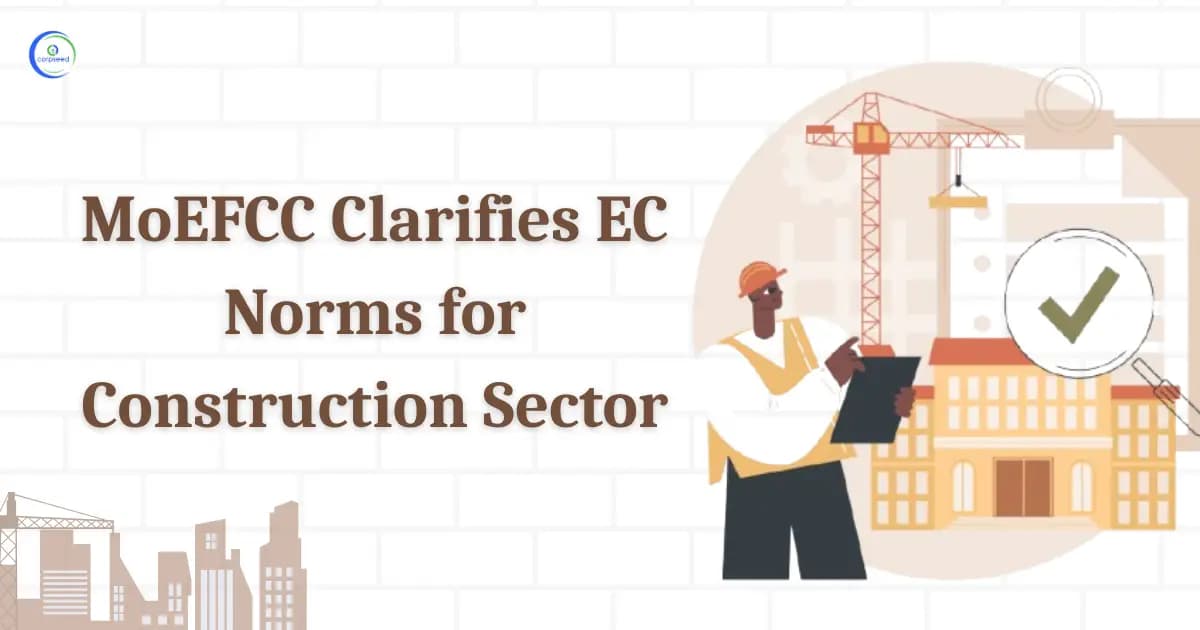
MoEFCC Clarifies EC Norms for Construction Sector
2025-09-25

MOEF Compliance in India: Key Regulations Businesses Must Follow
2025-09-16
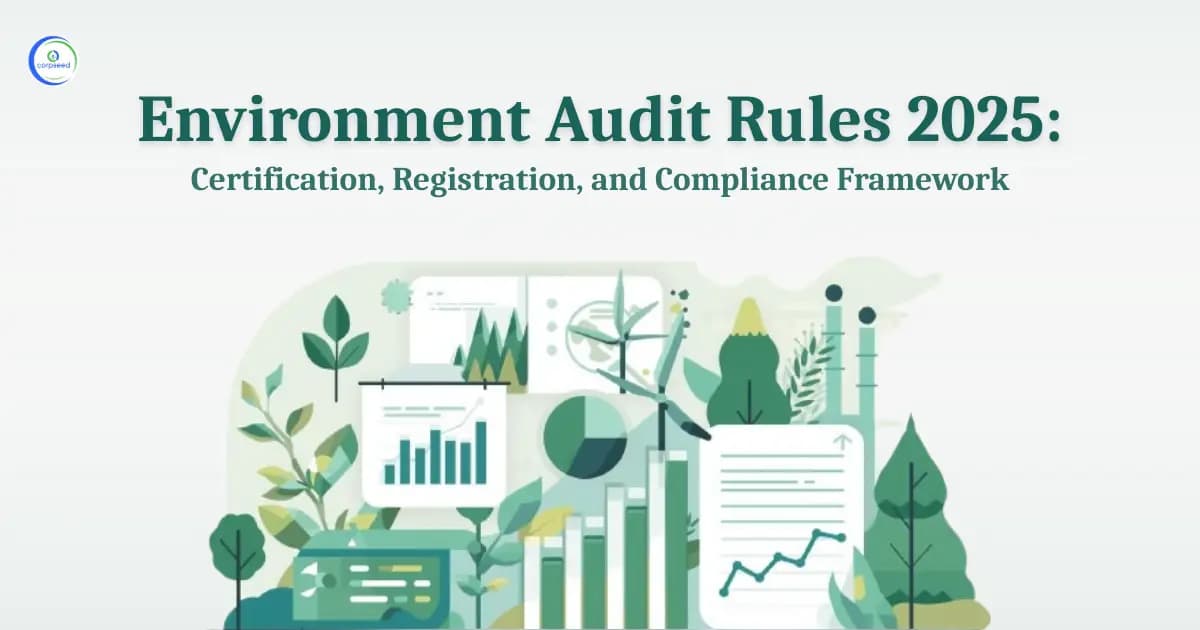
Environment Audit Rules 2025: Certification, Registration, and Compliance Framework
2025-09-06
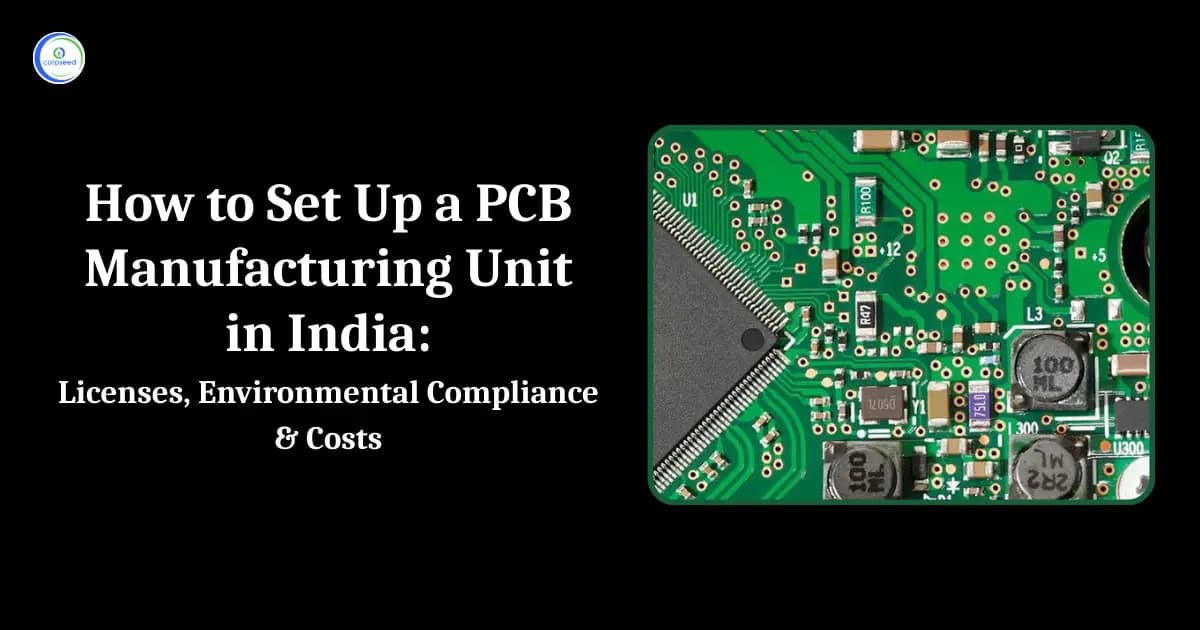
How to Set Up a PCB Manufacturing Unit in India: Licenses, Environmental Compliance & Costs
2025-08-19
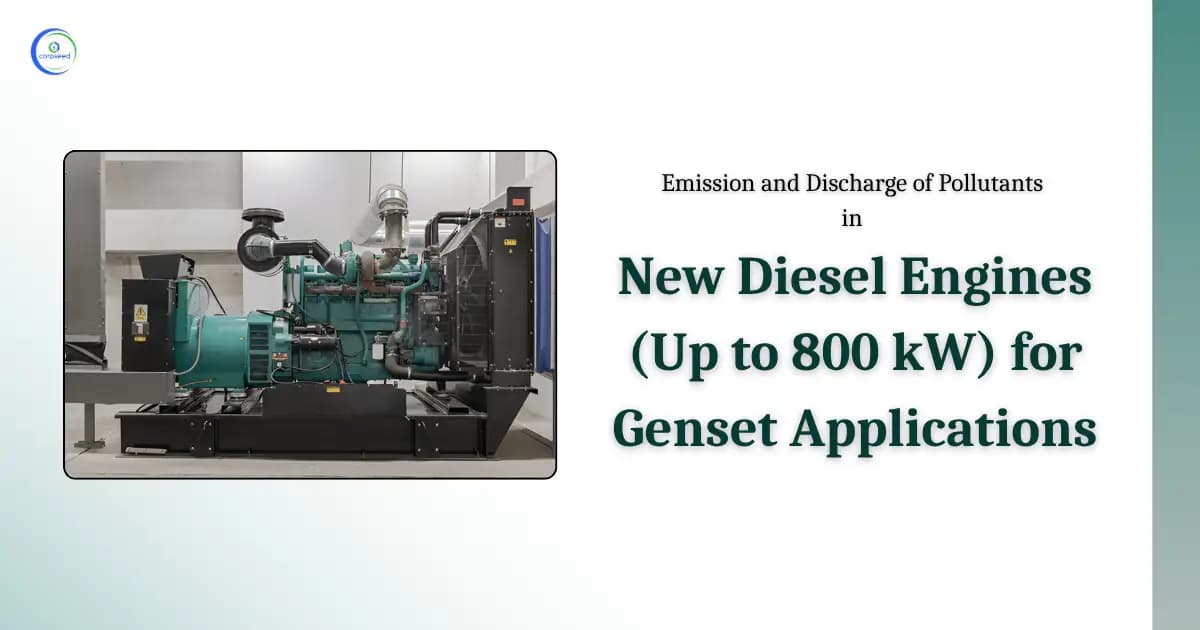
Emission and Discharge of Pollutants in New Diesel Engines (Up to 800 kW) for Genset Applications
2025-07-25